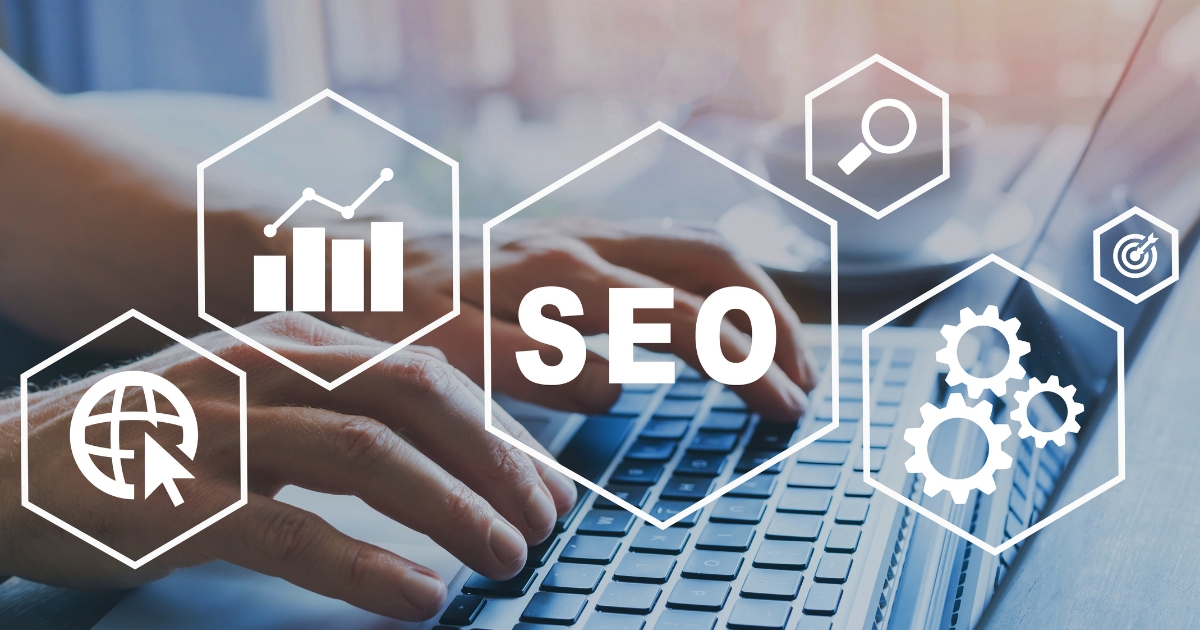Social media and search engine optimization (SEO) may seem like separate entities, but they can actually have a significant impact on each other. In this post, we’ll explore the ways in which social media can affect SEO and how you can leverage the power of both to improve your online presence.
How Social Media Can Affect SEO
There are several ways in which social media can impact SEO:
- Link building: One of the key ranking factors for search engines is the number and quality of links pointing to a website. Social media can be a powerful source of backlinks, as people often share links to interesting or useful content on their profiles. By creating high-quality content that resonates with your target audience, you can increase the chances of it being shared on social media, which can lead to more backlinks and a boost in your search rankings.
- Social signals: Search engines may also consider social signals, such as the number of shares, likes, and comments a piece of content receives, as a ranking factor. This means that popular content on social media may be more likely to rank highly in search results.
- Domain authority: Another way in which social media can affect SEO is through domain authority. Domain authority is a metric that measures the strength of a website’s domain, and it’s one of the factors that search engines use to determine rankings. The more high-quality links a website has pointing to it, the higher its domain authority. By getting your website shared on social media, you can potentially increase the number of high-quality links pointing to it, which can improve your domain authority and boost your search rankings.
- User experience: Social media can also impact SEO by improving the user experience of a website. When people share links to your website on social media, it can lead to an influx of traffic. If these visitors have a positive experience on your site, they may be more likely to spend more time on it and interact with your content. This can improve your site’s bounce rate and dwell time, which are factors that search engines consider when ranking websites.
Leveraging the Power of Social Media and SEO
Now that you understand the ways in which social media can affect SEO, let’s look at how you can leverage the power of both to improve your online presence:
- Create high-quality content: As mentioned earlier, creating high-quality content that resonates with your target audience is key for getting shared on social media and attracting backlinks. It’s also important for SEO, as search engines favor websites that provide valuable and informative content to users.
- Use social media to promote your content: Once you’ve created great content, use social media to promote it and get it in front of as many people as possible. This can help drive traffic to your website and increase the chances of your content being shared and attracting backlinks.
- Optimize your website for search engines: While social media is important for SEO, it’s not the only factor that search engines consider. It’s also important to optimize your website for search engines by following best practices like using relevant keywords, optimizing your meta tags and descriptions, and having a fast-loading website.
- Integrate social media and SEO: Finally, be sure to integrate social media and SEO in your overall digital marketing strategy. This might involve using social media to drive traffic to your website, using SEO to improve the visibility of your social media profiles, or using both to promote events or products.
In conclusion, social media and SEO can have a significant impact on each other. By creating high-quality content, promoting it on social media, optimizing your website for search engines, and integrating both strategies, you can improve your online presence.








